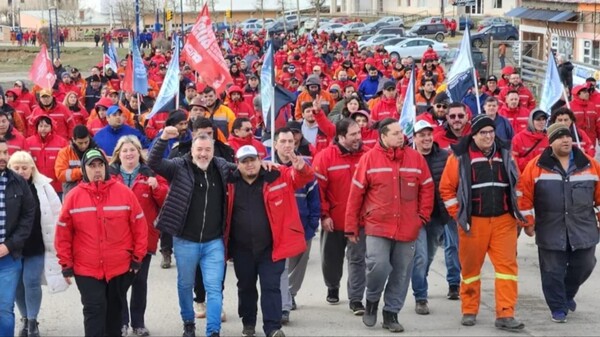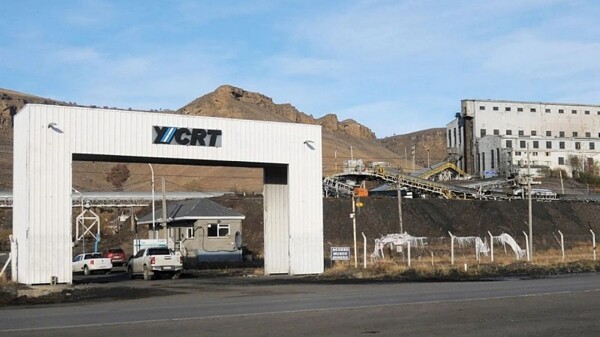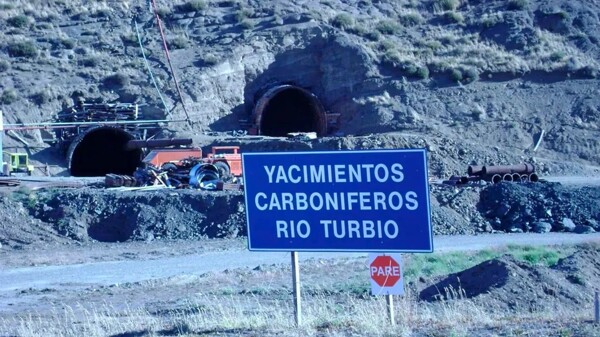
Argentina is in the midst of a negotiation that seems to be progressing, although the possibility of attracting private funds has receded, which decreases the likelihood of a rate cut by the Fed. However, there is a possibility of extending that reduction.
During the Davos Summit in January, President Javier Milei expressed his speculation about the possibility of obtaining part of the necessary funds to escape the capital controls through agreements with investment funds. However, the situation became complicated with Donald Trump's presidency in the White House and his trade war.
Uncertainty affects the markets, and exporters could lose with a lower exchange rate if they do not take advantage of the current moment. Despite the suspension of the PASO and the blocking of the Senate investigative commission, calm remains with a backdrop of fear of inflation in the U.S.
The minister is in a crucial phase where he is expecting collaboration from the main shareholders of the Fund. In this context, Luis Caputo accompanied the President to the U.S. and met with the U.S. Secretary of the Treasury.
There are concerns about a possible impact on Milei's government, and expectations are focused on judicial news both locally and in the United States. Amid the shadows surrounding Argentine assets, the agreement with the IMF is the only exit that can provide clarity.
The good streak of emerging markets has been interrupted, and the horizon for an agreement extends until April. The government could sacrifice the blended dollar in favor of a new exchange rate regime, but first, it needs to obtain more dollars from the agricultural sector.
In this complex scenario, the actions and movements of Argentine officials on the international stage take on relevance, seeking to stabilize the economy and generate confidence in the markets.














